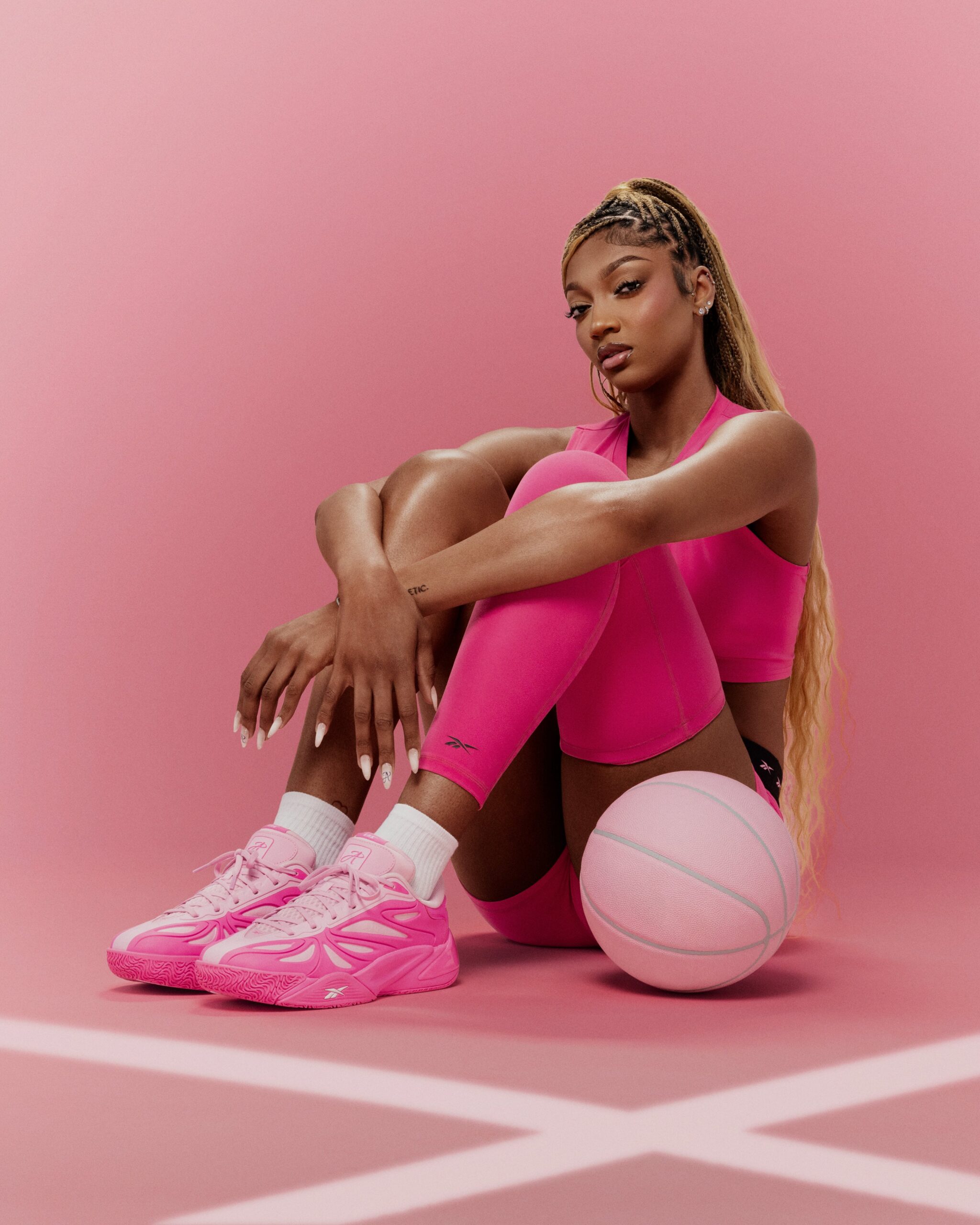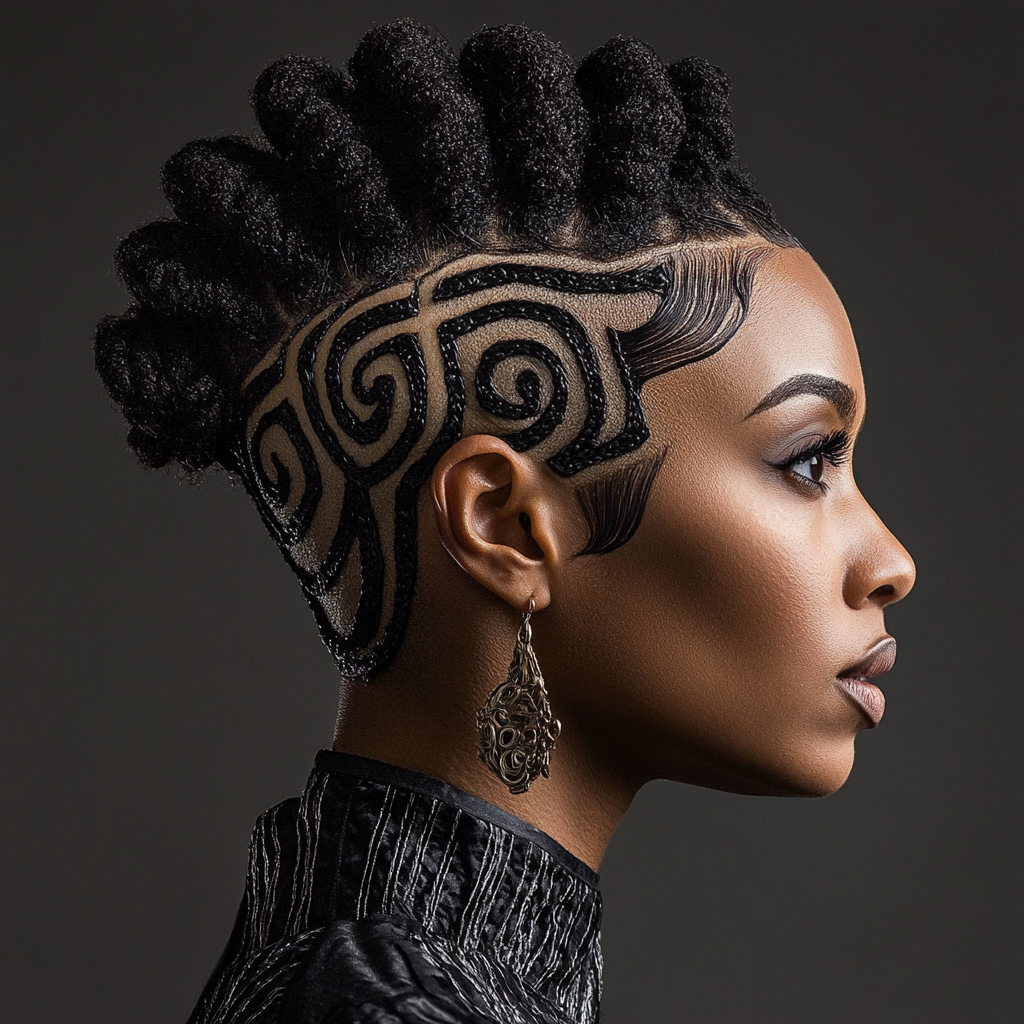Bantu Knots on Short Hair: Styling Ideas and Tips
Looking to refresh your short natural hair with a bold and versatile style? Enter Bantu knots—a timeless protective hairstyle
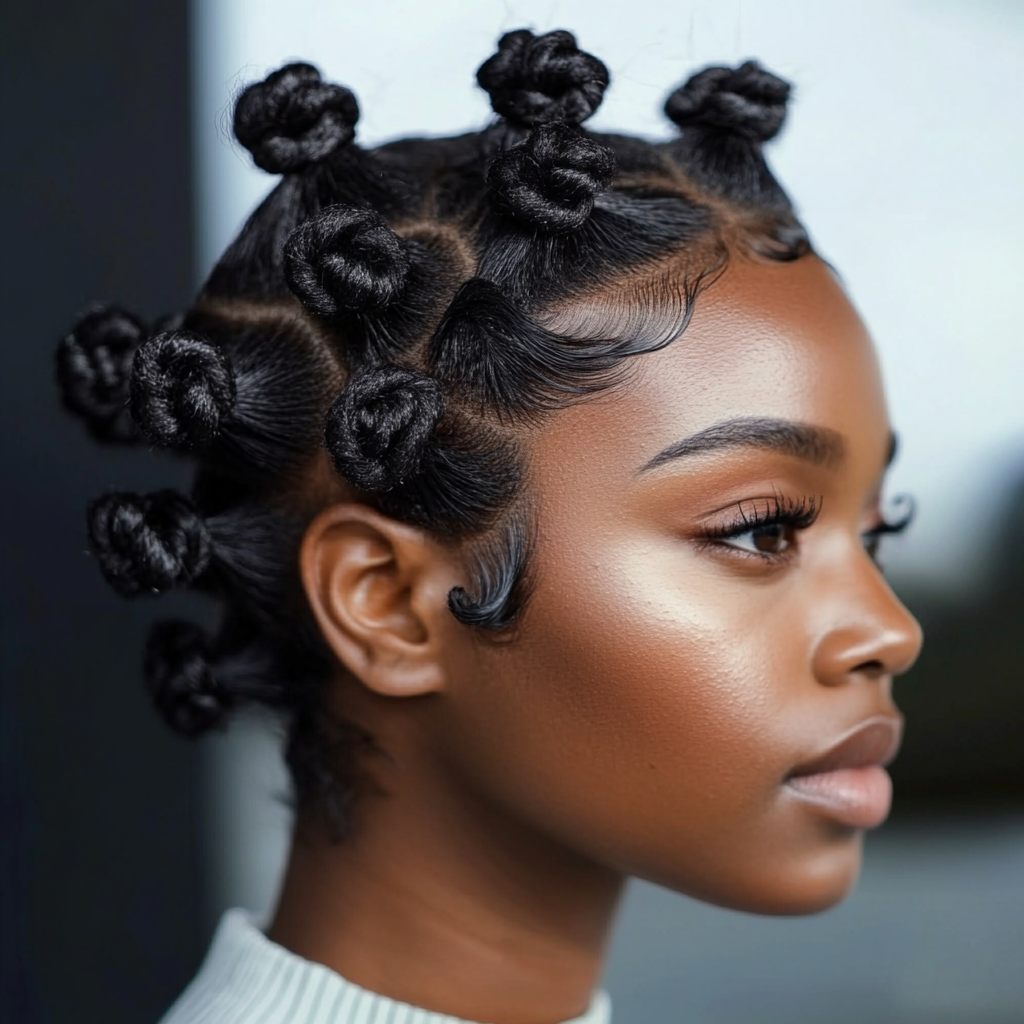
Looking to refresh your short natural hair with a bold and versatile style? Enter Bantu knots—a timeless protective hairstyle that’s not only chic but also deeply rooted in African culture. Whether you’re a seasoned naturalista or new to embracing your natural texture, Bantu knots offer a perfect blend of tradition and trend.
In this post, we’ll explore how to create stunning Bantu knots on short hair, share expert tips for maintaining the style, and inspire you with creative variations to suit your unique look. Ready to elevate your hair game? Let’s dive into the world of Bantu knots and discover how this classic style can be your next go-to look!
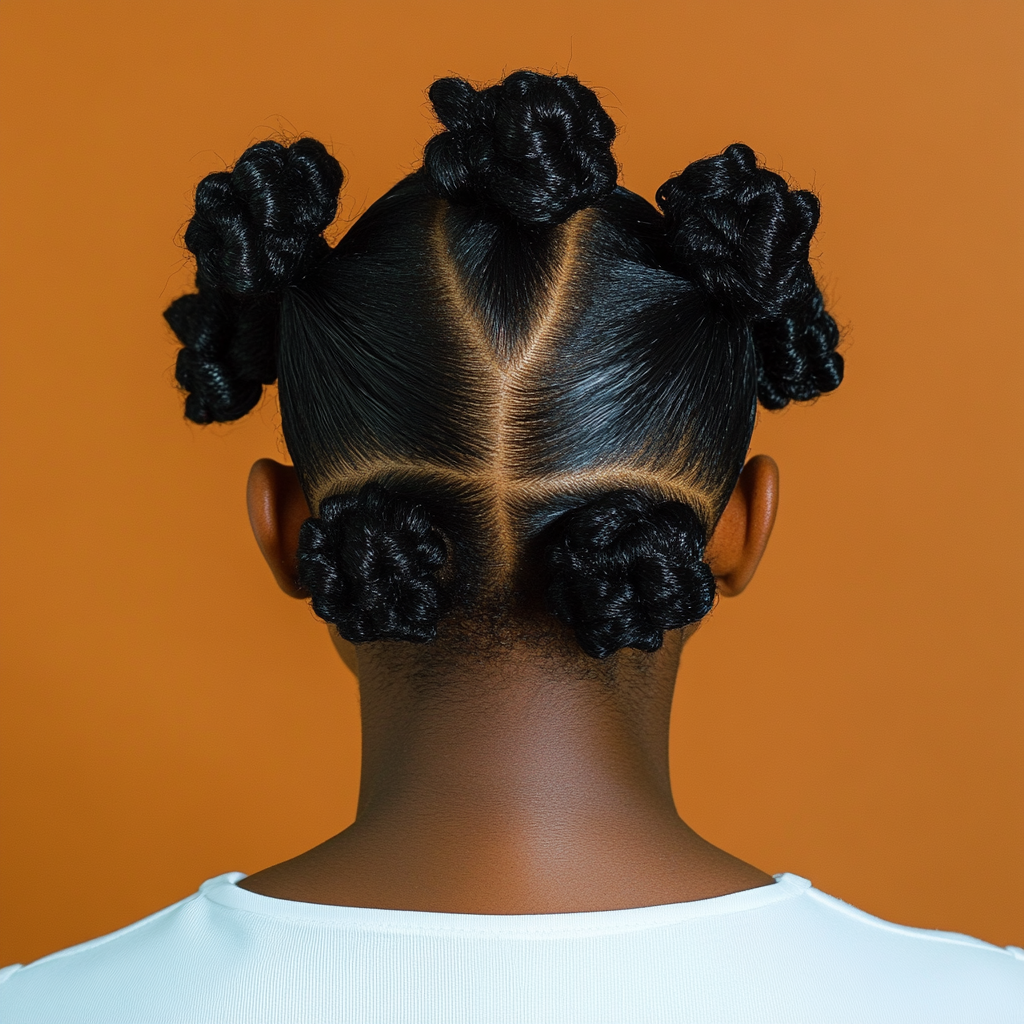
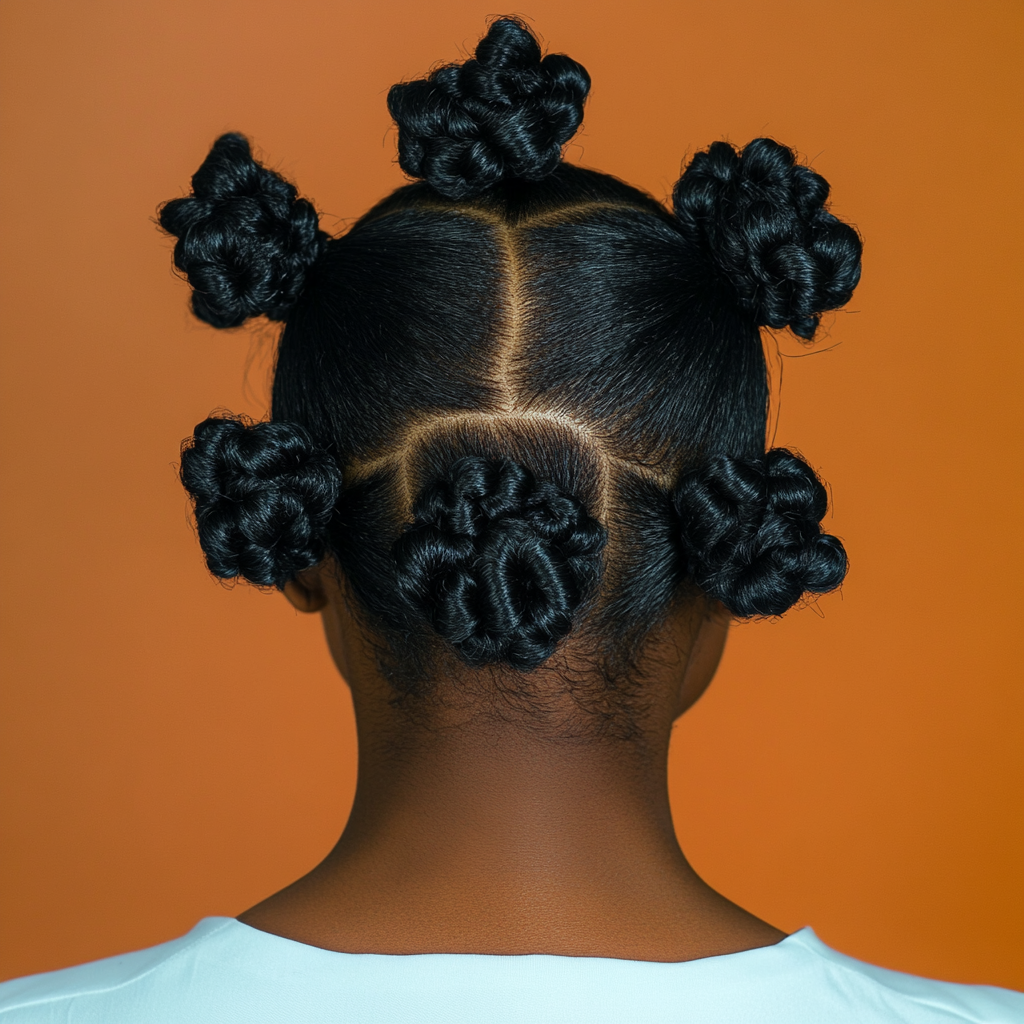
What Are Bantu Knots?
Bantu knots are a traditional African hairstyle where the hair is sectioned, twisted, and then wrapped into small, coiled knots. Despite the name, Bantu knots aren’t actually knots but rather tight, twisted buns. This hairstyle has been worn for centuries by women of African descent, particularly within Bantu-speaking cultures in Southern Africa. Today, Bantu knots are celebrated not only for their cultural significance but also for their versatility and protective qualities.
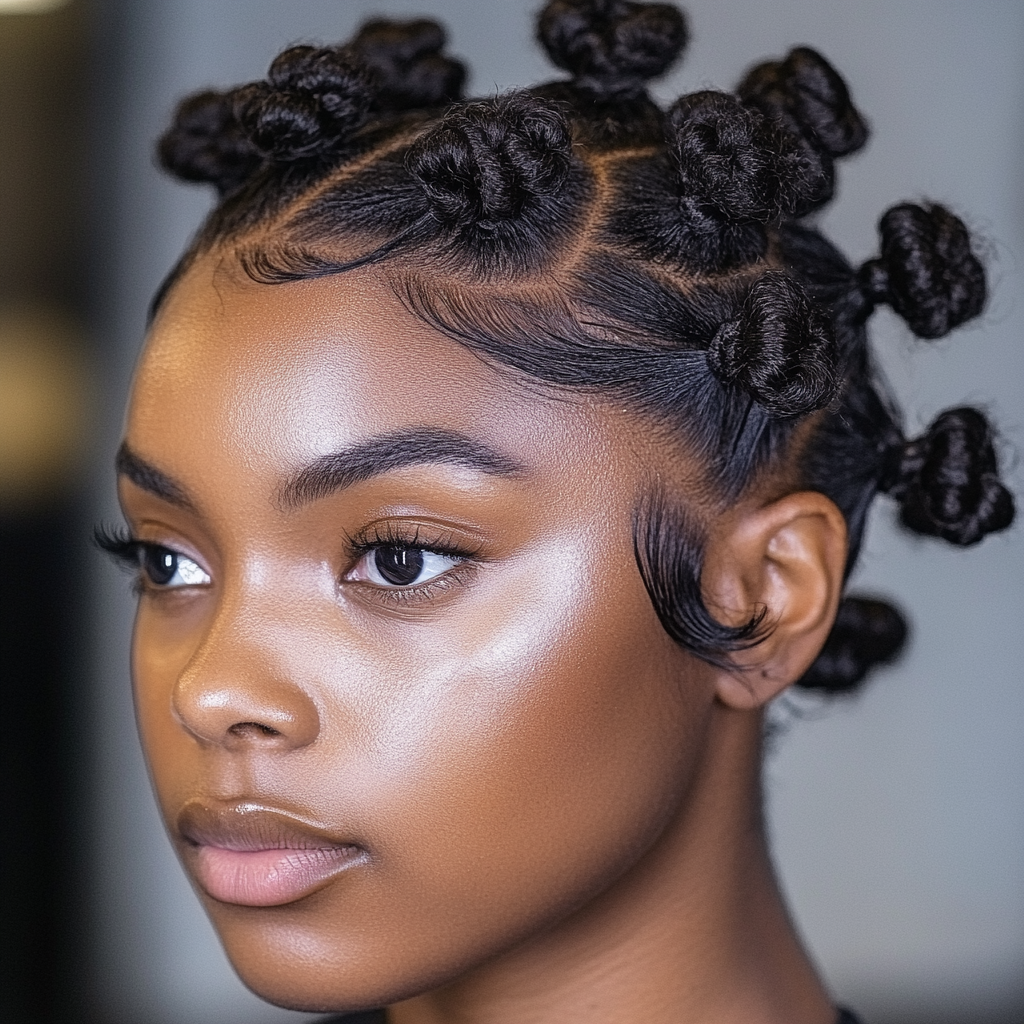
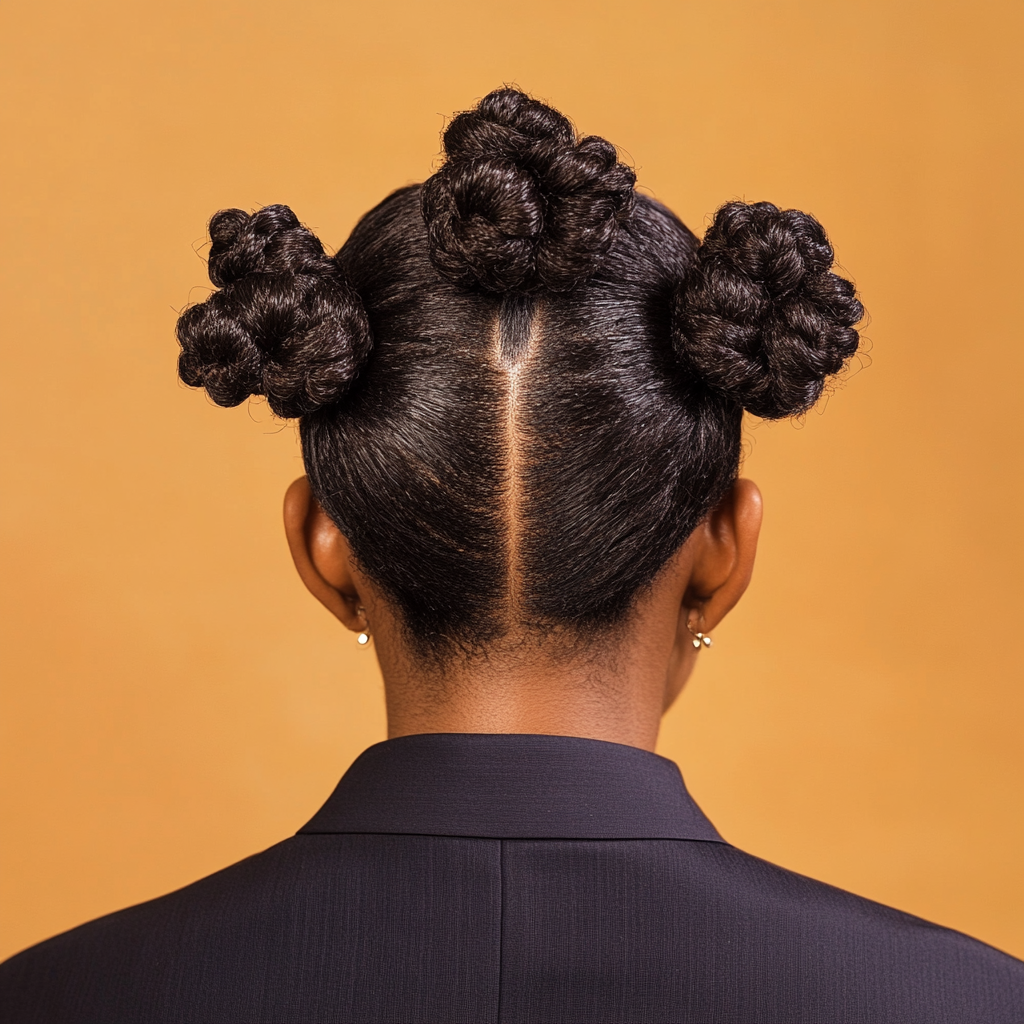
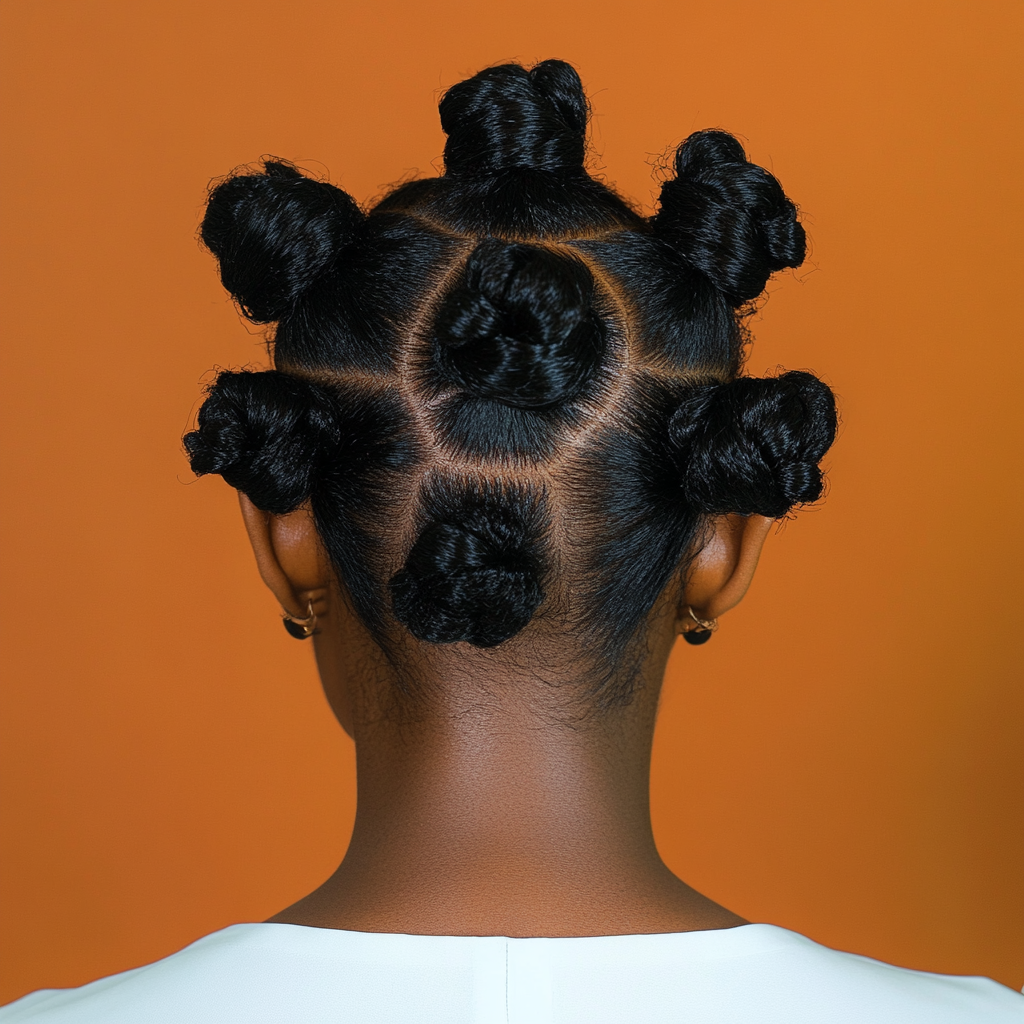
Benefits of Bantu Knots:
- Protective Styling:
Bantu knots are a fantastic protective style, especially for natural hair. By tucking the ends of your hair into the knots, you help protect your strands from environmental damage and breakage, allowing your hair to retain moisture and promote healthy growth. - Versatility:
One of the greatest benefits of Bantu knots is their versatility. You can wear them as a full head of knots for a bold, statement look, or unravel them after a few hours or overnight to achieve a defined, curly hairstyle known as a Bantu knot-out. This two-in-one style allows for creative expression and variation. - Low Maintenance:
Bantu knots are relatively easy to maintain. Once styled, they can last for several days to a week with minimal upkeep, making them a convenient option for those with busy lifestyles. Additionally, the knots help preserve your hair’s moisture, reducing the need for frequent styling. - Scalp Access:
Unlike some other protective styles, Bantu knots give you easy access to your scalp, allowing you to keep it clean and moisturized. This is particularly beneficial if you’re focused on scalp health or dealing with issues like dandruff. - No Heat Styling:
Bantu knots require no heat, which is a significant advantage for those who want to avoid the damage that heat styling can cause. You can achieve beautiful curls and waves naturally, preserving the integrity of your hair. - Cultural Appreciation:
Wearing Bantu knots can be a way to celebrate and connect with African heritage. It’s a style that carries a rich cultural history, and by wearing it, you contribute to the preservation and appreciation of traditional African beauty practices. - Suitable for All Hair Lengths:
While Bantu knots are often associated with longer hair, they are an excellent choice for short hair as well. The style can add volume and dimension, making it ideal for those with shorter or transitioning hair. - Promotes Hair Growth:
Because Bantu knots protect the ends of your hair and reduce manipulation, they can help promote hair growth over time. Less handling means less breakage, which is key to achieving longer, healthier hair.
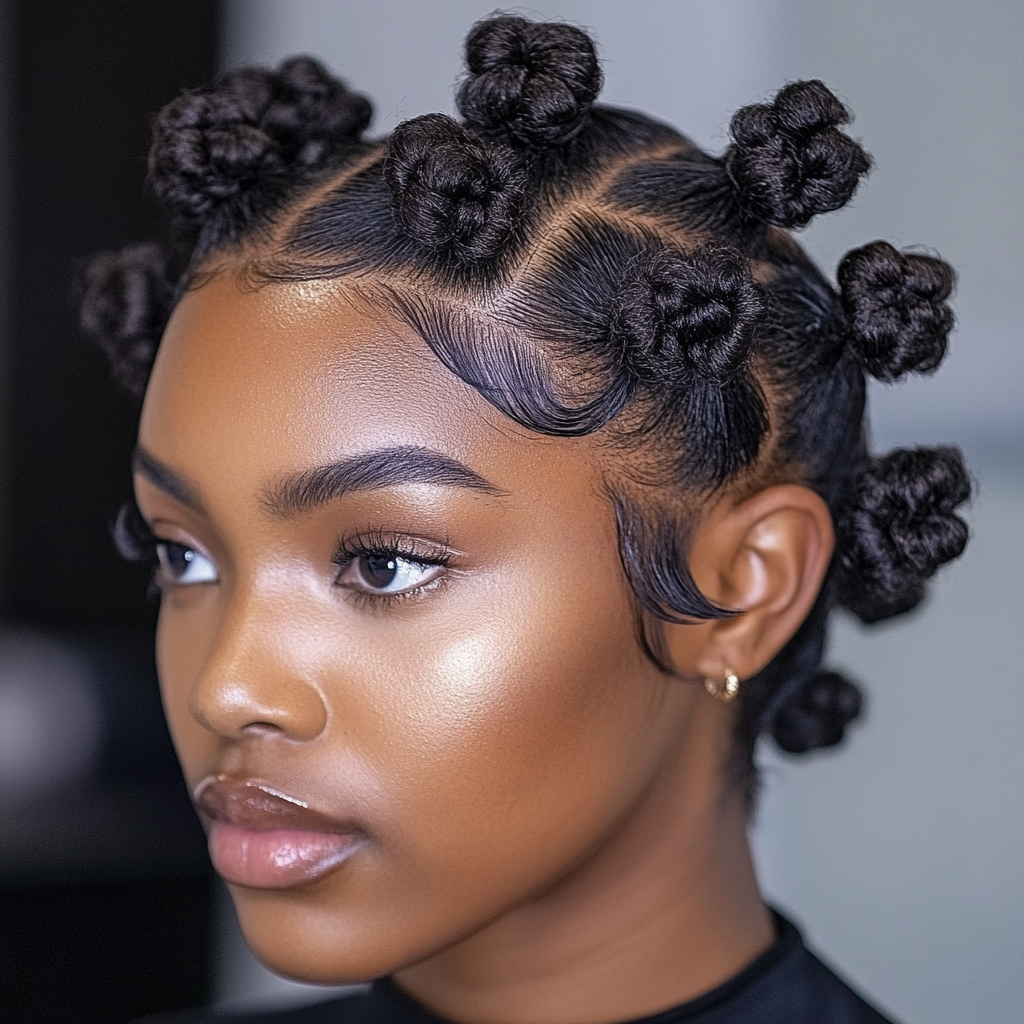
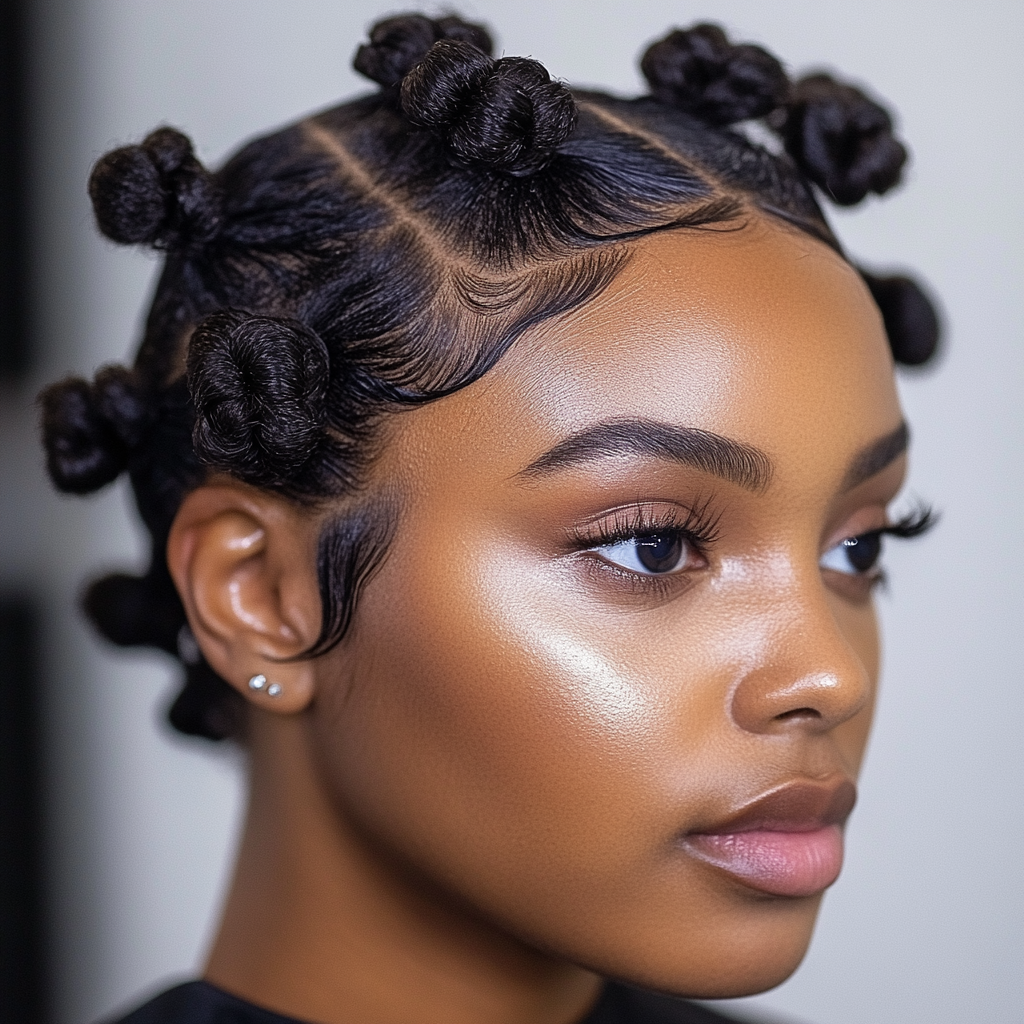
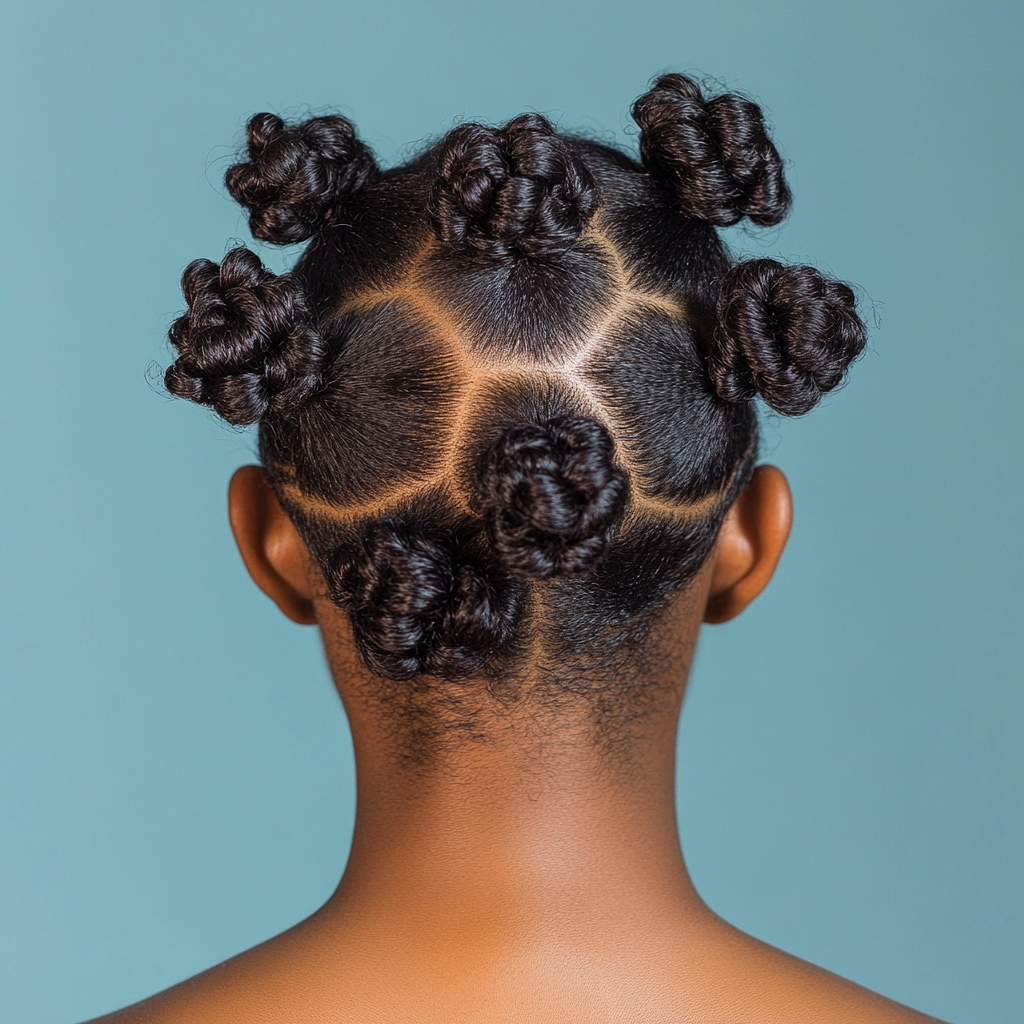
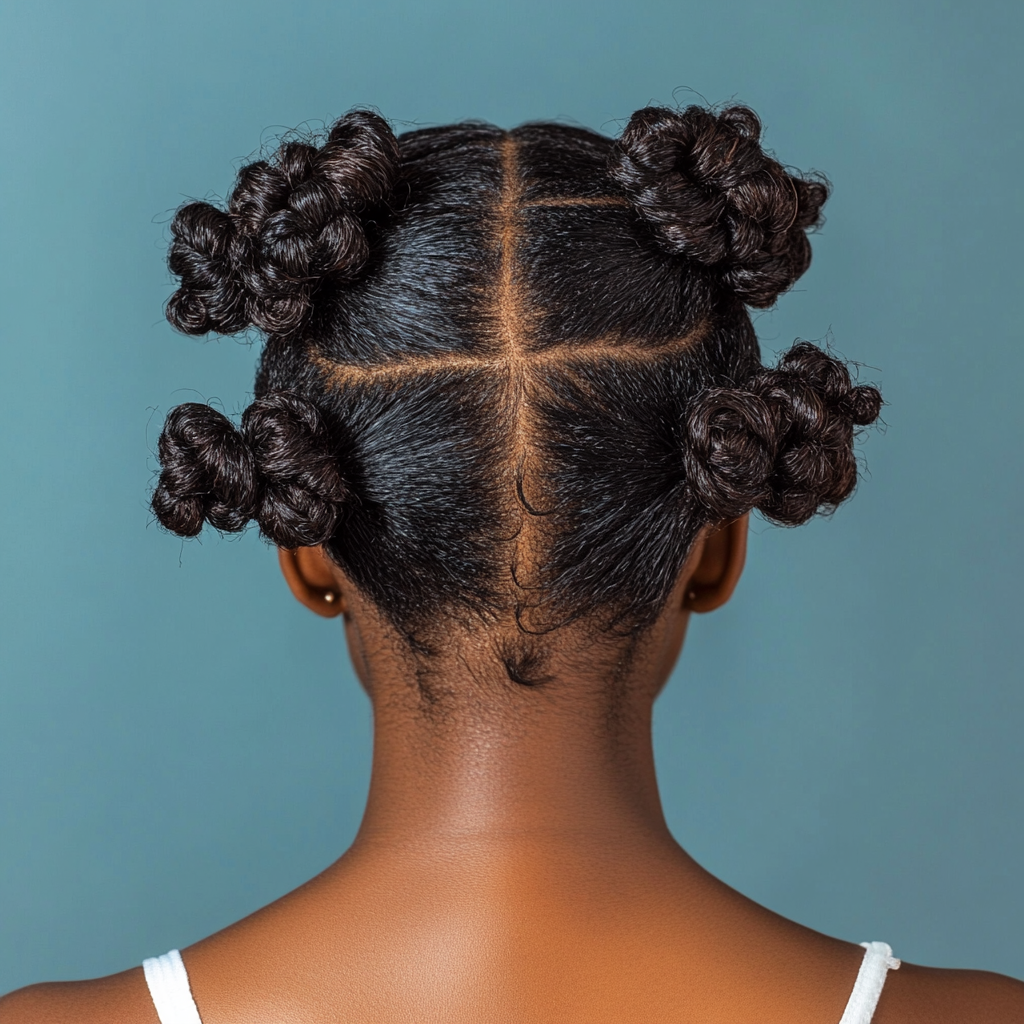
Bantu knots are more than just a hairstyle—they’re a blend of tradition, protection, and style. Whether you’re looking to honor your heritage, protect your natural hair, or simply try something new, Bantu knots offer a beautiful and beneficial option.
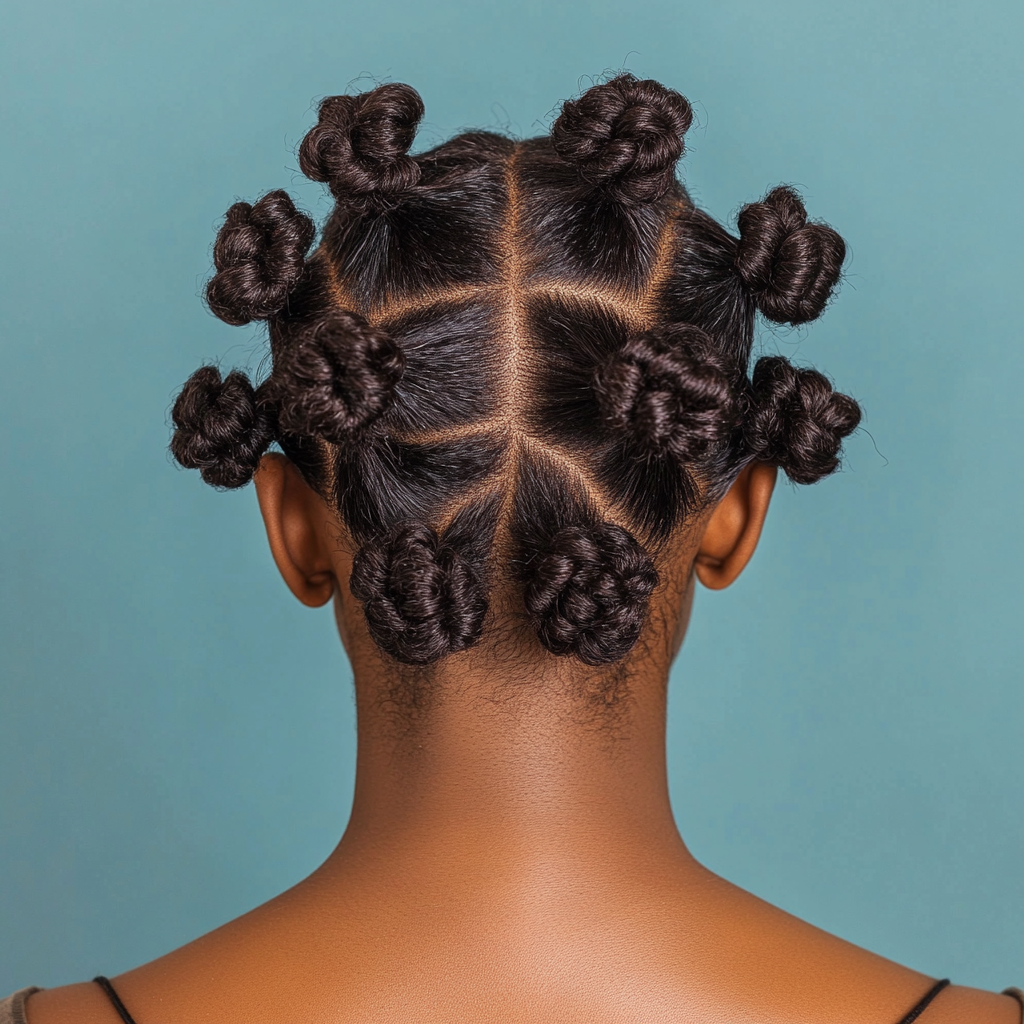

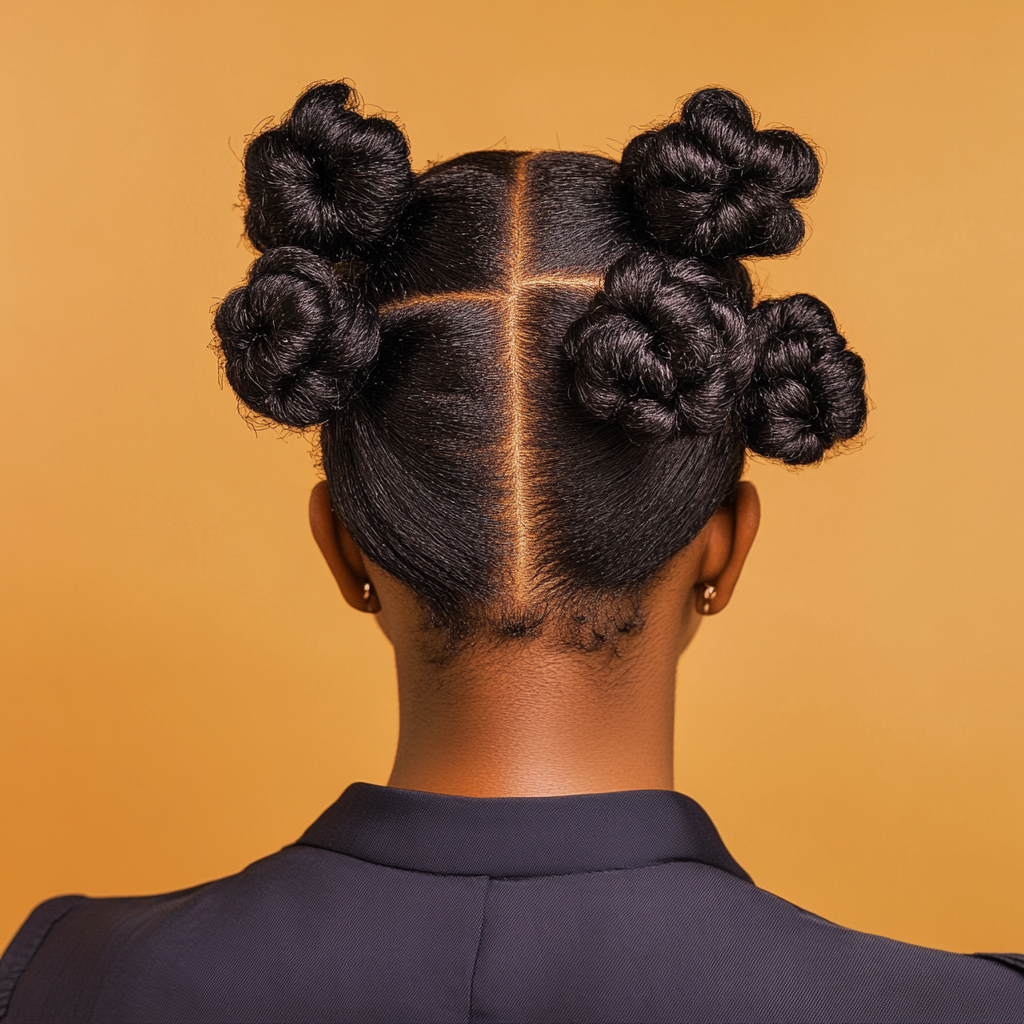
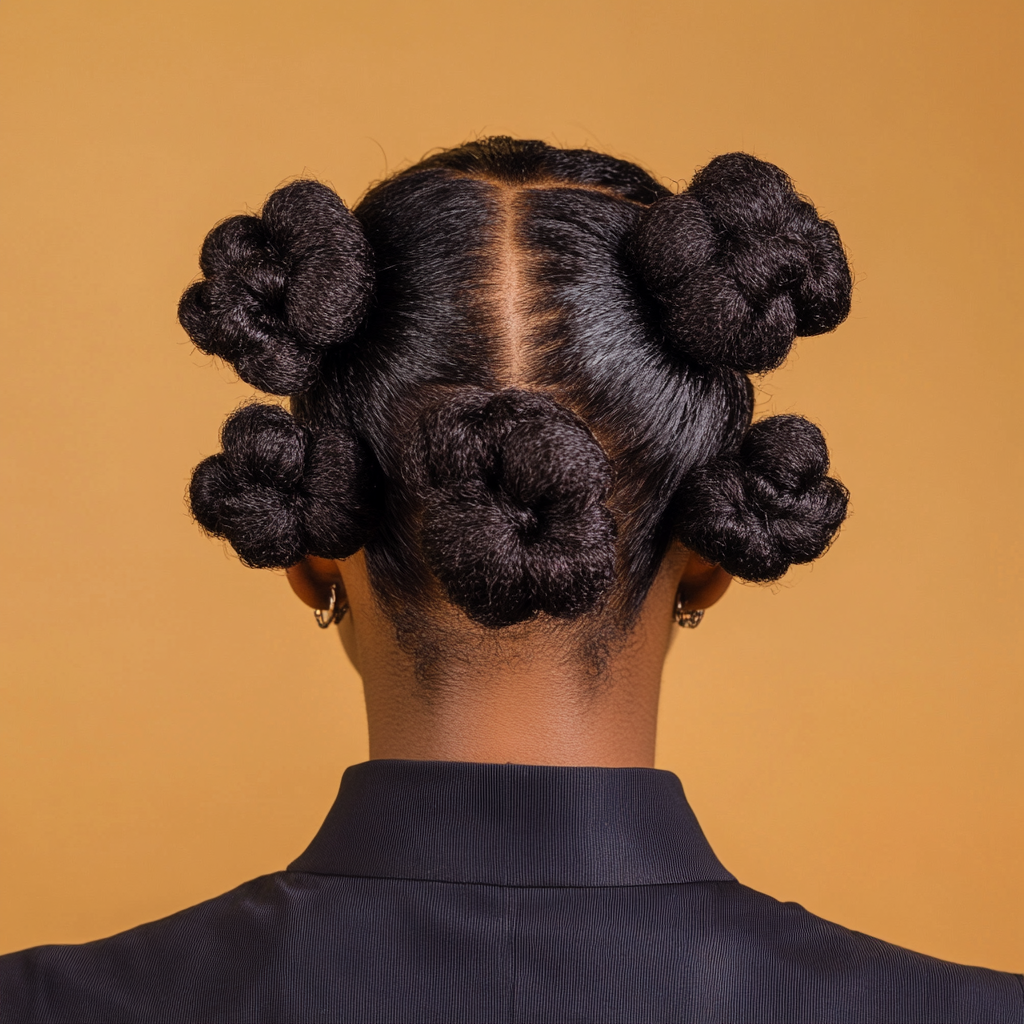

Bantu knots have proven to be highly adaptable to contemporary fashion trends, making them a popular choice for those who want a hairstyle that feels both traditional and modern. Whether paired with bold makeup, statement accessories, or cutting-edge fashion, Bantu knots can be styled in a way that is fresh and current. This adaptability makes Bantu knots suitable for a wide range of occasions, from casual outings to formal events. The ability to integrate Bantu knots into various fashion styles has contributed to their trendiness, appealing to those who want a versatile and fashionable look.
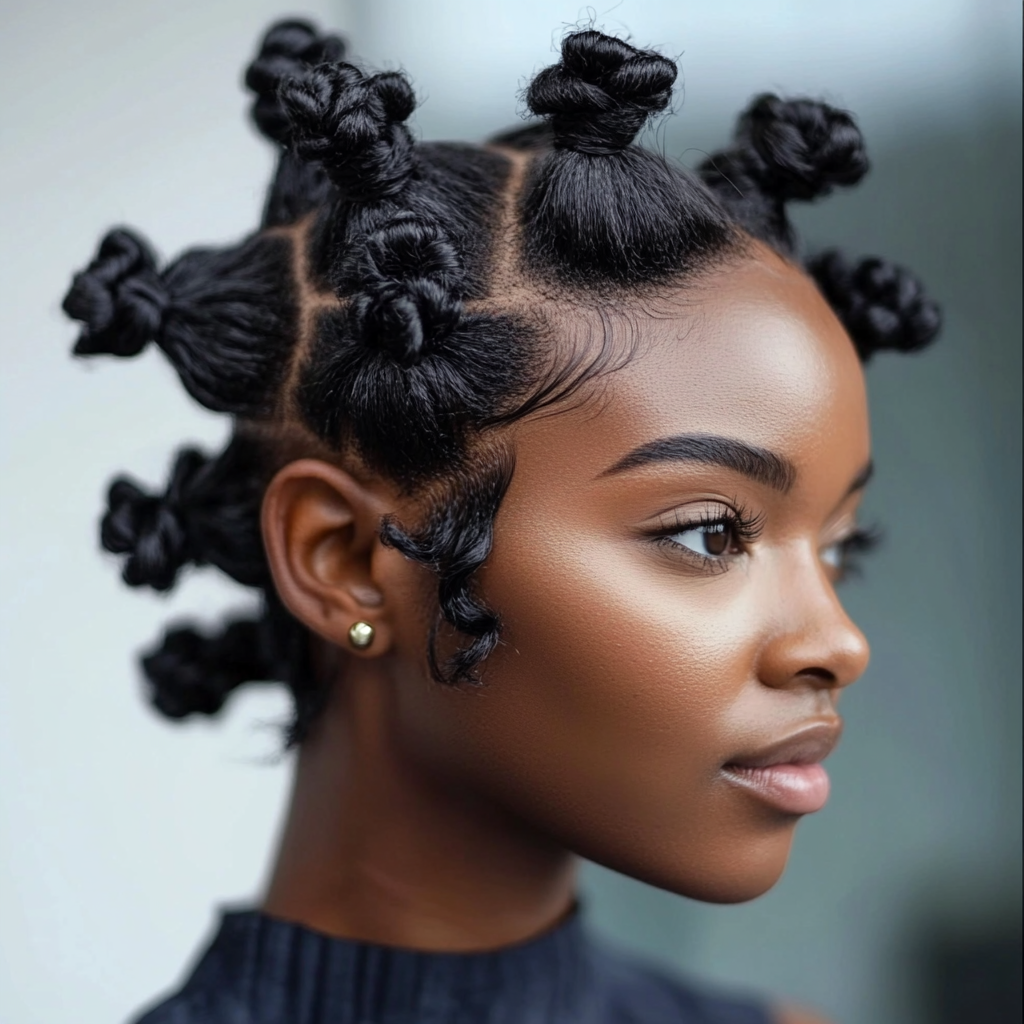
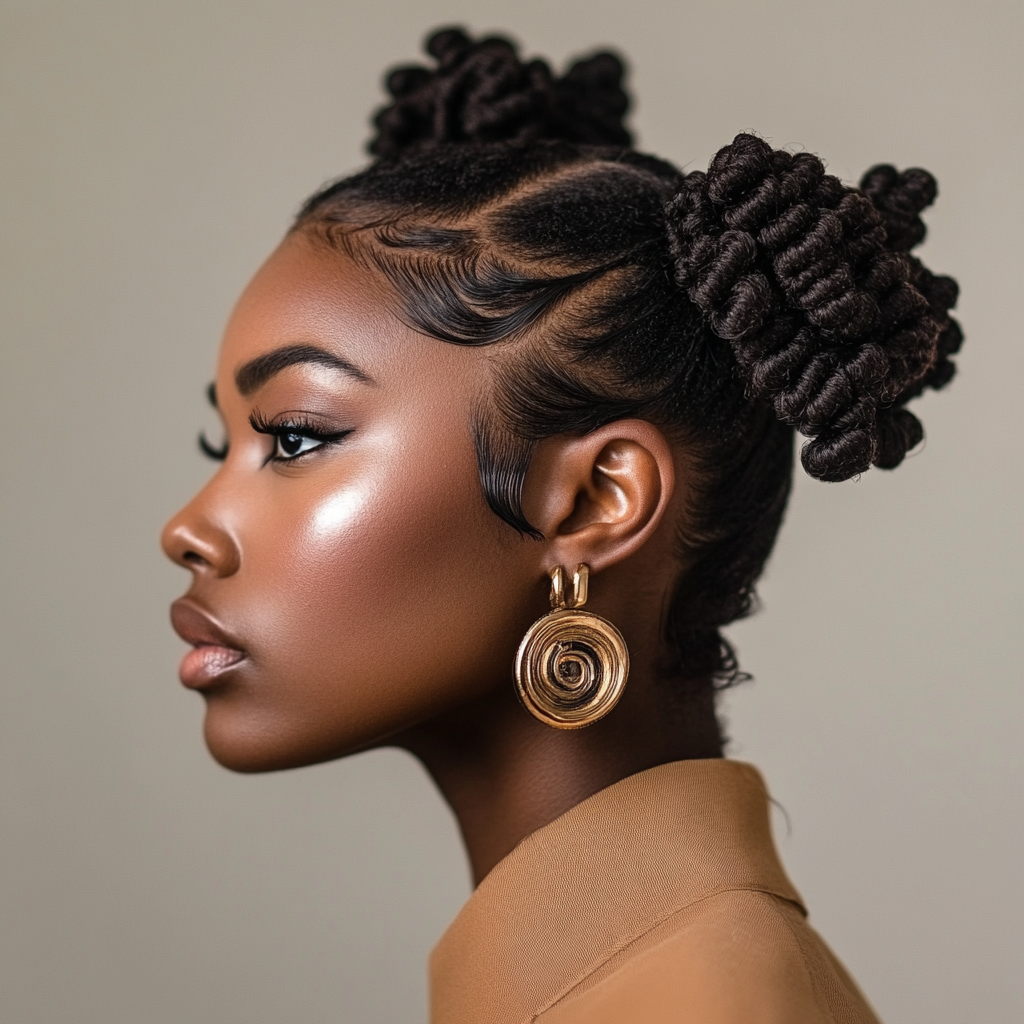

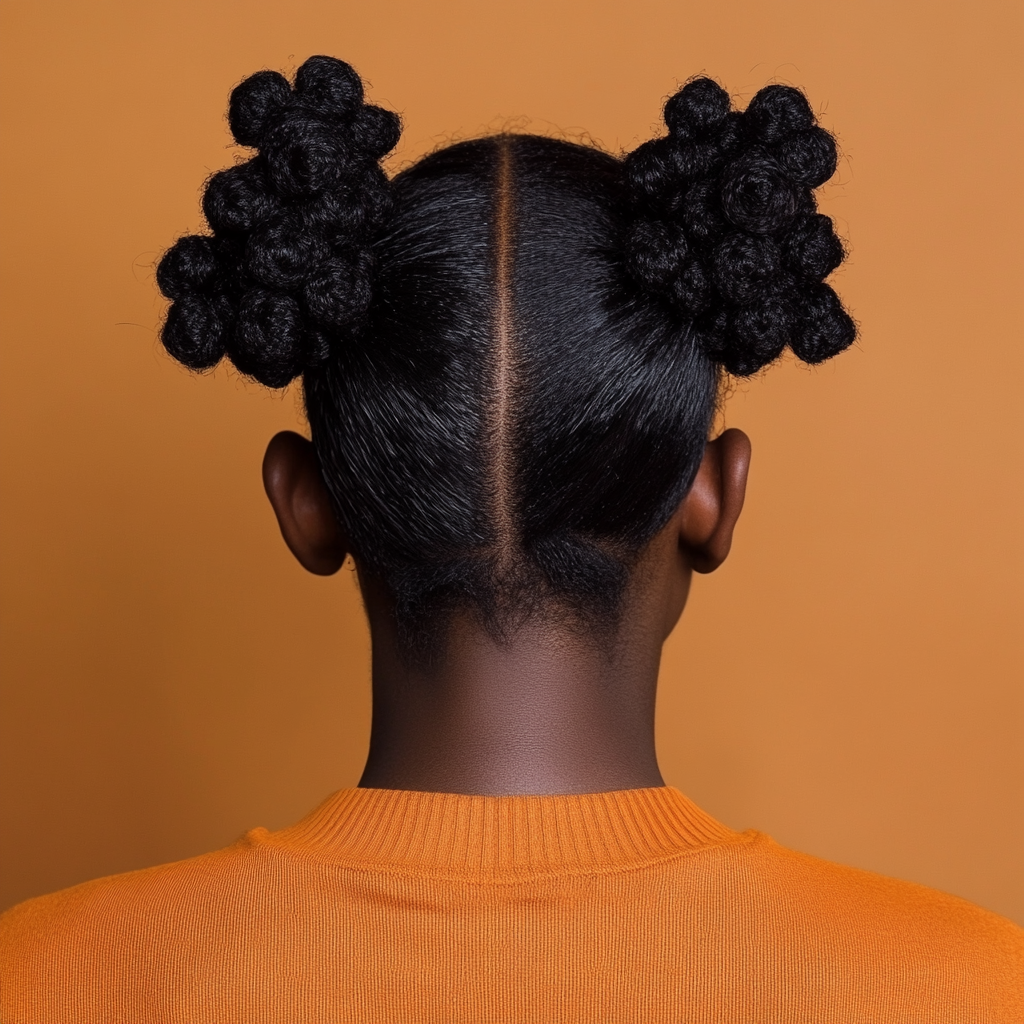
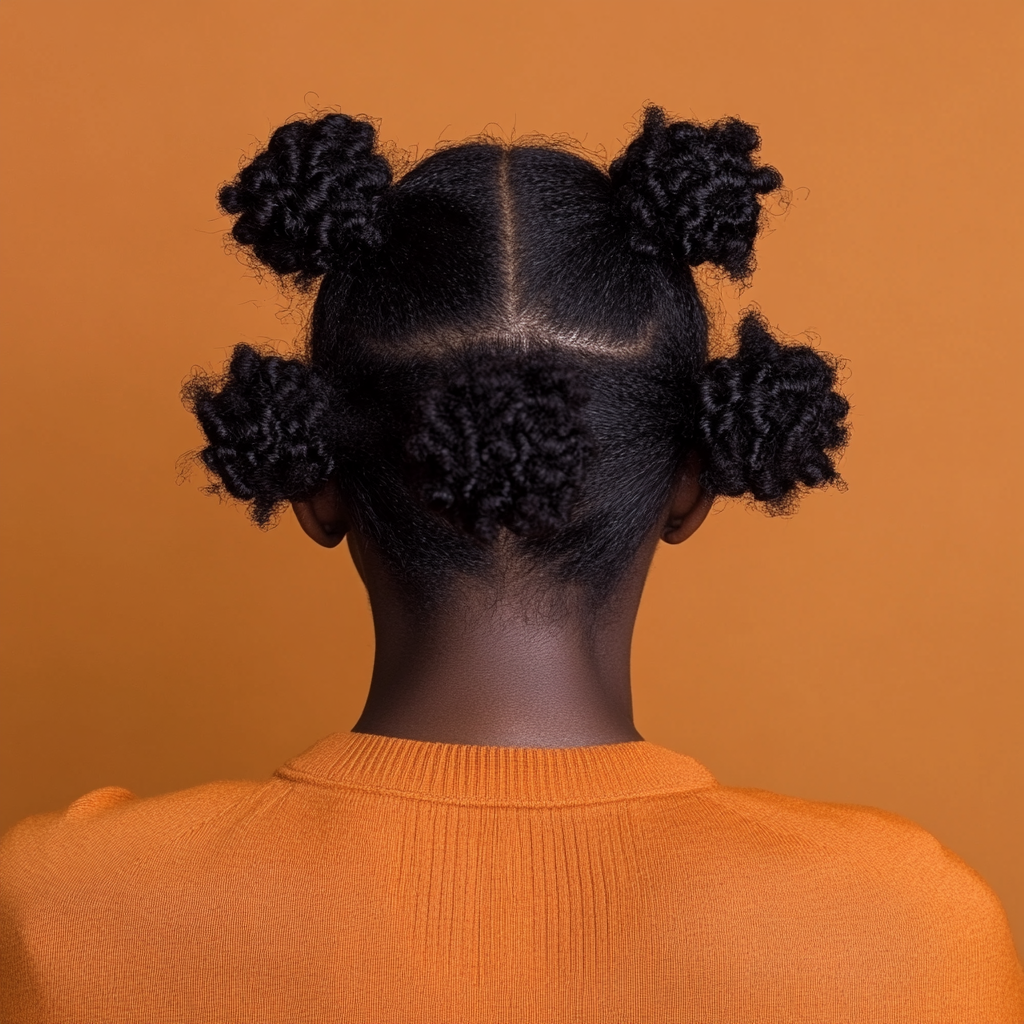
The natural hair movement has been a significant driving force behind the resurgence of Bantu knots. As more people move away from chemical treatments and embrace their natural hair texture, protective styles like Bantu knots have become increasingly popular. Bantu knots are an excellent way to protect natural hair from damage while promoting growth and health. They require no heat, minimal products, and can be worn for several days, making them a practical and stylish option for those committed to natural hair care. The trend reflects a broader shift towards embracing natural beauty and rejecting harmful hair practices.

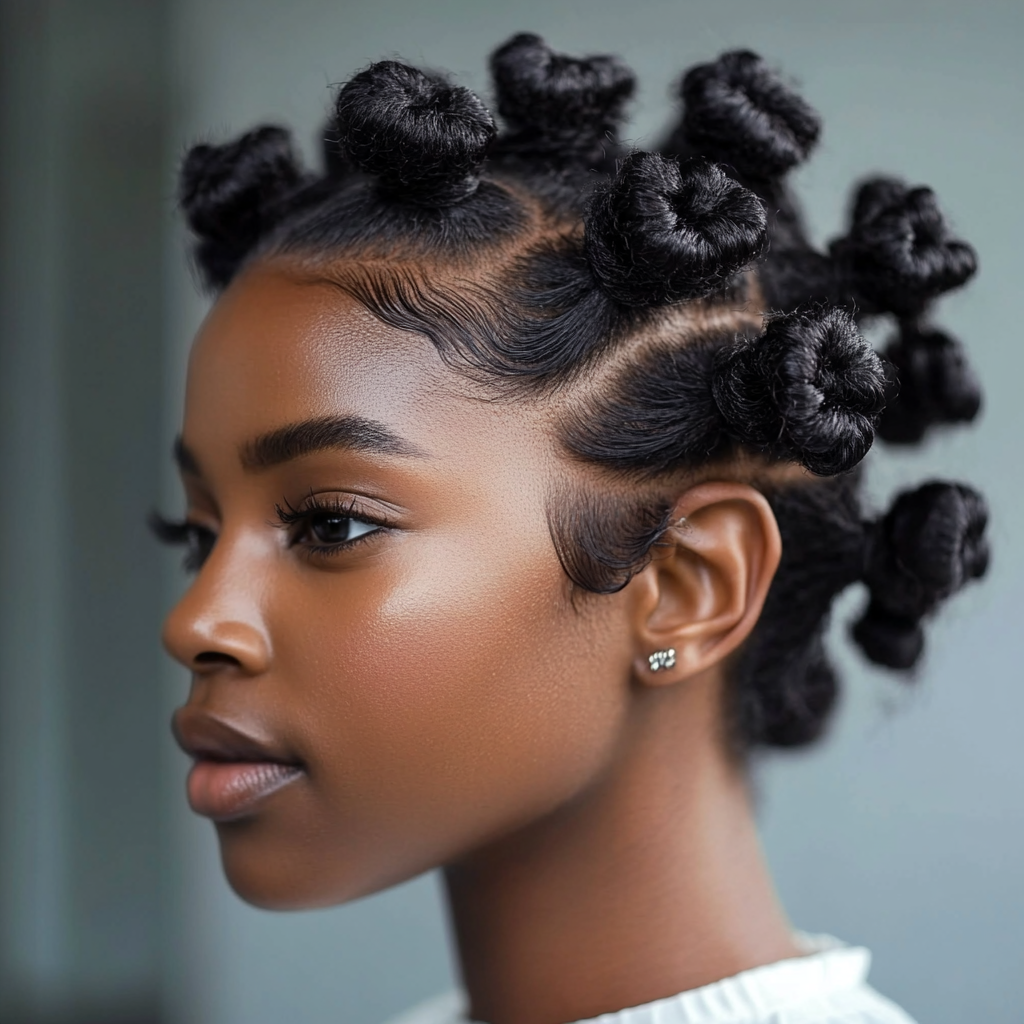
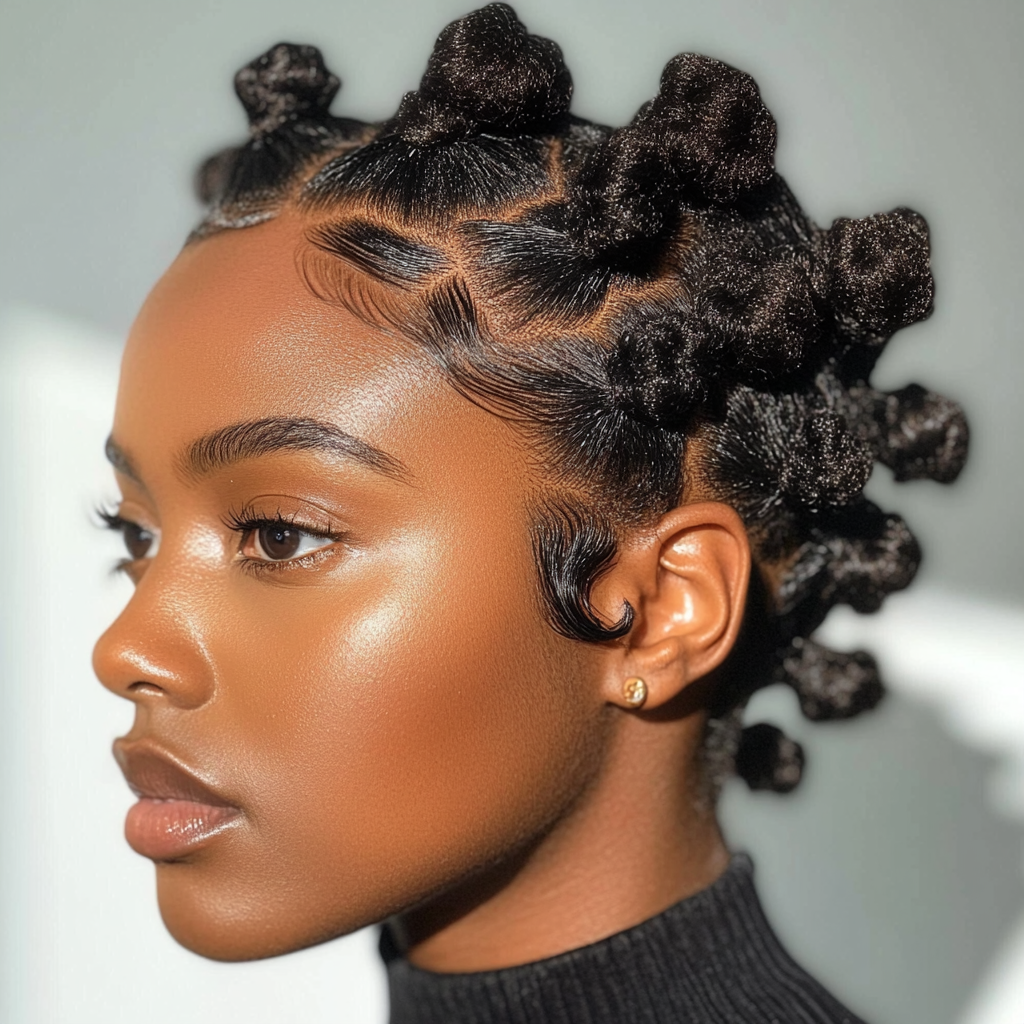
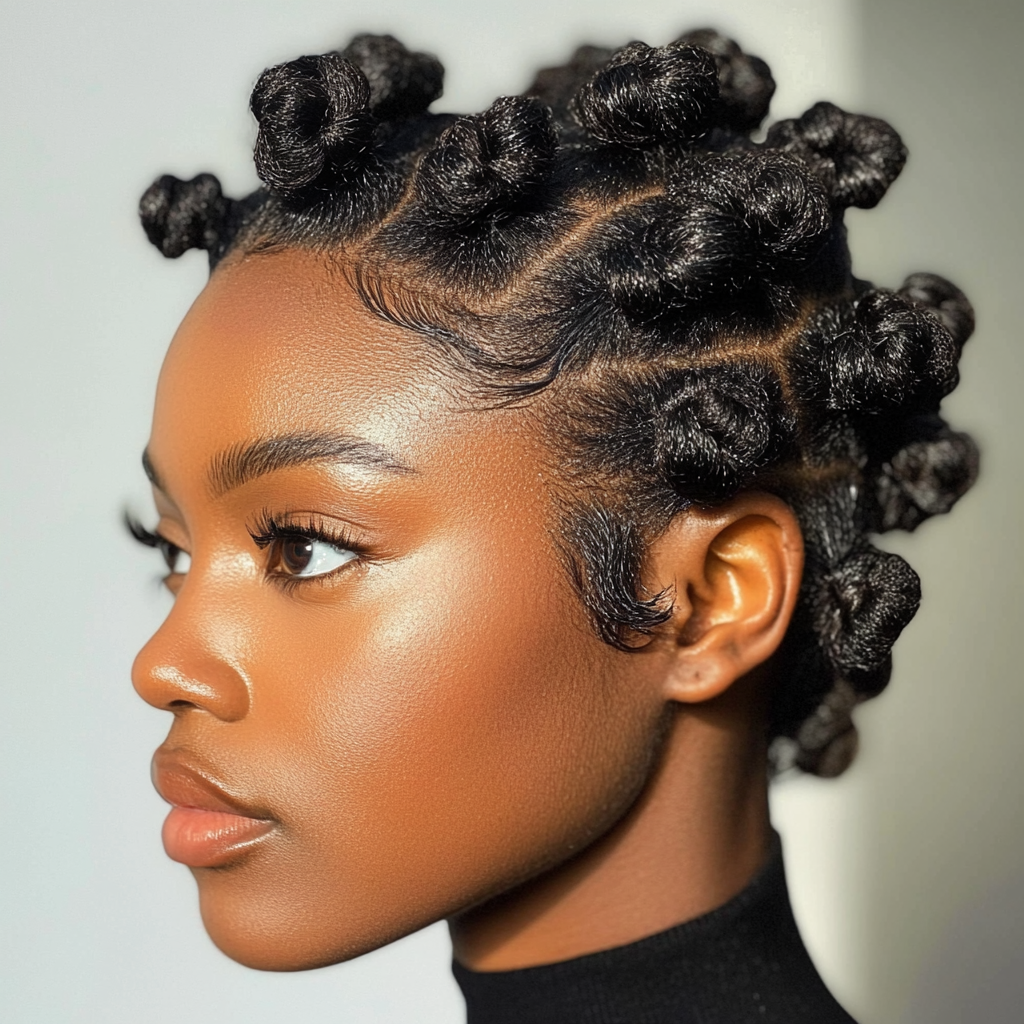


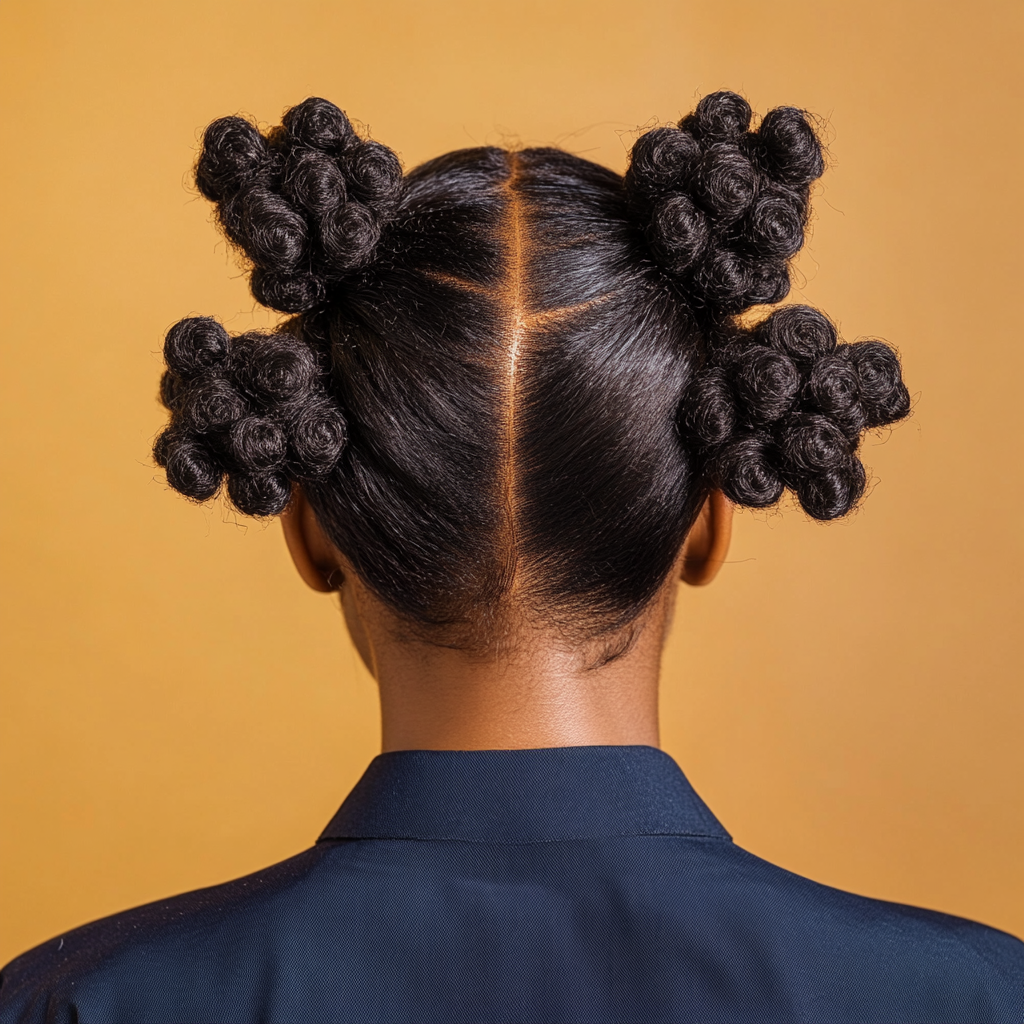
Bantu knots are more than just a trending hairstyle—they are a powerful expression of cultural heritage, creativity, and empowerment. Their resurgence in popularity reflects a broader movement toward embracing natural beauty and honoring African roots. Whether you’re drawn to Bantu knots for their protective benefits, their versatility, or their deep cultural significance, it’s clear that this style has captured the hearts of many across the globe.
From social media influencers to fashion runways, Bantu knots are making their mark as a symbol of pride, inclusivity, and modern style. As we continue to see a shift towards more diverse and authentic beauty standards, Bantu knots will likely remain a beloved and celebrated choice for those looking to connect with their identity and showcase their individuality. Whether you’re new to the style or a long-time fan, Bantu knots offer a timeless and trendy way to express yourself and honor a rich cultural legacy


